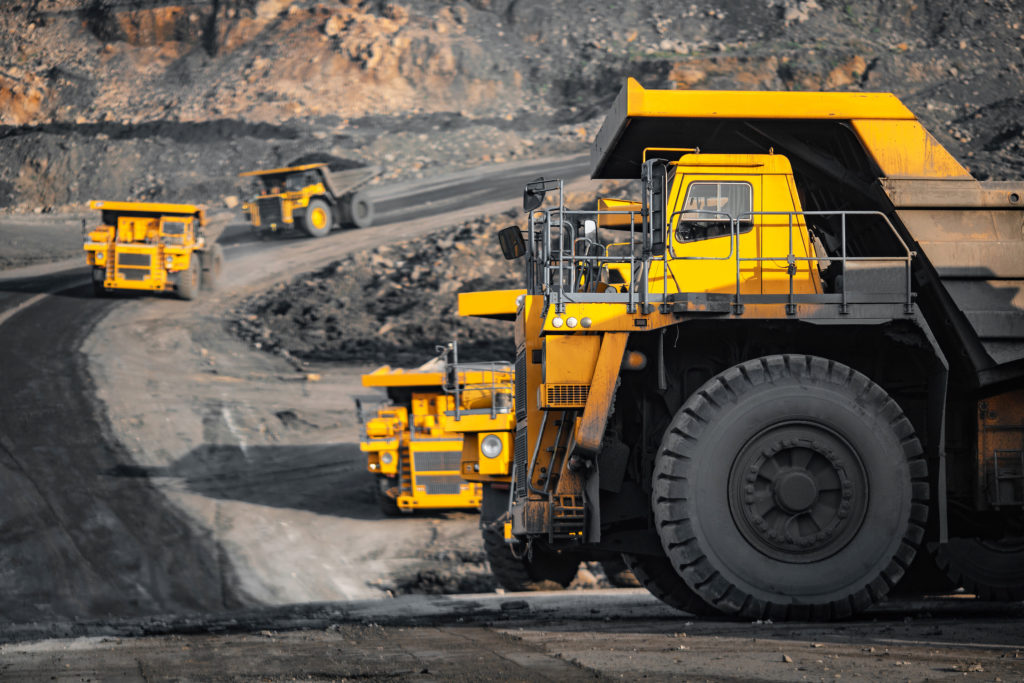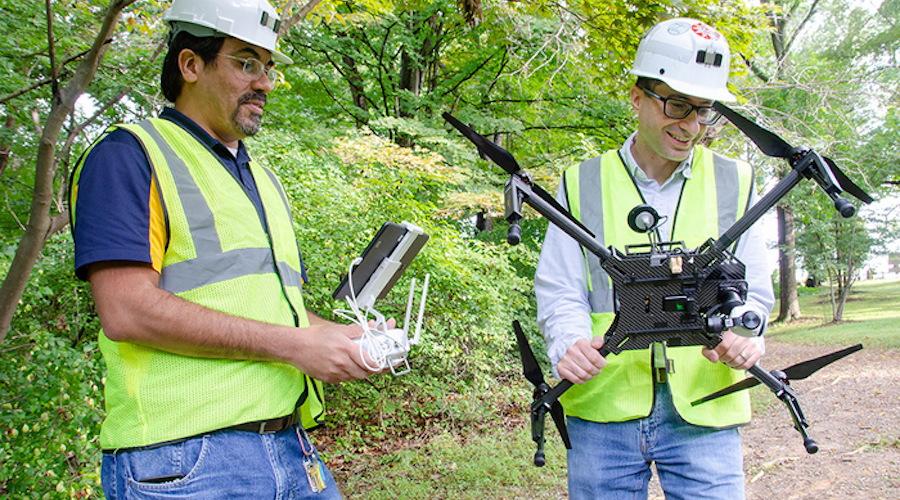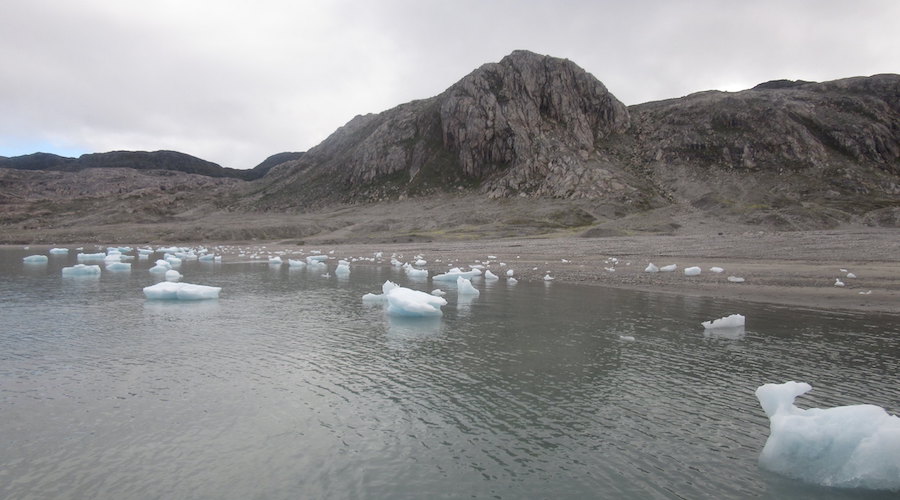The tough times will pass for boom-and-bust mining sector


When my husband and I bought our first house, it was 1979 and interest rates were skyrocketing. When we made the offer, interest rates were at 8%. By the time we closed, the rate was 10% and rising. A few years later both of us were out of jobs, with two small children and times were tough. We survived by retreading and changing our careers. The late 80s and now Covid-19 have taught us to be prepared and resilient.
For miners, there’s no question that the current period is a tough one.
The real challenge is not only the severe drop in commodity prices, but the recent escalation in the cost of supplies and labour. As I write this in mid-July, over the last 30 days, copper has dropped 22%, zinc by 16%, gold by 8% and silver by 14%. To add insult to injury, diesel has jumped by 54% since Jan. 1. Suppliers are now raising prices on all items that a mine consumes.
To put all of this into perspective, I looked into the impact that just the diesel price is having on operating costs. Using our modelling software for a mid-sized open pit mine, a 54% rise in diesel prices increased operating costs by 10%. If you then factor in other consumables such as explosives, lube, chemicals, wear parts, and electric power, an increase in operating costs up to 40% is not out of the question. That means that feasibility studies based on higher commodity prices and lower operating costs are simply no longer valid. It is time to take a good look at costs and which projects are still economic under these conditions.
While we generally focus on metals, what about that dirty word — coal? At least for the short-term, coal is making a comeback. Prices are up; but plans for expanding production are limited. With much of the developed world shunning coal and coal burning plants, energy prices will have to increase across the board until alternate power is able to fill the gap and that impacts all of us.
As Germany has discovered, fossil fuels are required to guard against disruptions. The recent conflict in Ukraine has put the European countries on edge and Germany has announced that it will no longer import Russian coal and oil. Germany is firing up its coal plants in an effort to reduce its reliance on Russian natural gas. It has even been reported that there will be rationing and wood burning this winter.
In Texas, hot summer days triggered emergency curtailment of electricity in mid-July as demand skyrocketed. The problem: no wind! Texas has been reducing the amount of electricity generated by coal to try and combat global warming. The state’s solution was to rely on wind and solar and cheap natural gas. Natural gas prices have increased and supplies cannot keep up with the current electricity demand.
We will all continue to be challenged by energy costs as the world reduces its reliance on fossil fuels. But that only underscores the importance of mining. While I expect that many marginal development projects will be delayed and cost overruns will continue to be a challenge, the world needs mined materials. There is no getting around the fact that the green revolution is simply not possible without minerals. When electric cars require four times as much copper, demand will respond.
This post has been syndicated from a third-party source. View the original article here.




